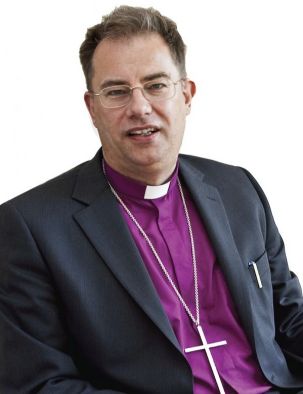C of E should adopt 'Teach First' training model to stave off shortage of priests

The Church of England needs a dramatic increase in its output of clergy to avoid a "signficant gap" looming as large numbers currently serving reach retirement.
The claim is made in the report of the Resourcing Ministerial Education task group to the General Synod next month.
Chaired by the Bishop of Sheffield, Rt Rev Steven Croft, the task group was asked to investigate how ministerial education was resourced. It confirmed there was a need for a "significant increase in the number and quality of ministerial leaders, lay and ordained".
"At present, if we take no action, we face a significant net decline in the number of stipendiary ministers and alongside this further decline in congregations and hence our capacity to serve every community," the report says.
It calls for the recruitment of "a cohort of candidates for ministry who are younger, more diverse and with a wider range of gifts to serve God's mission" and proposes that a 50 per cent increase in the amount devoted to training should be made. At present around £20 million a year is spent and the report suggests that another £10 million is needed on top of this.
It also says that the Church needs to work harder at finding good candidates, making a "significant shift from a passive approach to vocations work to a proactive approach to seeking the numbers and quality of candidates the Church requires".
Younger candidates would be particularly encouraged. Around 30 people aged under 30 are currently exploring a vocation to ministry; the report says this should be increased to 250. Furthermore, the process should be streamlined so that decisions can be made within a year.
Referring to model pioneered by an education charity that offers on-the-job training to promising candidates, the report also backs a "Teach First" type scheme for "accelerating the vocational process".
It also proposes reforming the grants system and offering more funding for lay ministry.
Interviewed for the launch of the report, Bishop Steven said: "We know that dioceses also want to see more ministers of every kind with really high quality training. Dioceses are saying at the moment they want to have, in 10 years' time, about 8,000 stipendiary clergy, approximately the same number as we have now. But we know because of retirements, there will only be 6,500 on present predictions. That's a really significant gap that the Church needs to address positively now, through proactively and prayerfully seeking more vocations, particularly to ordained ministry."











